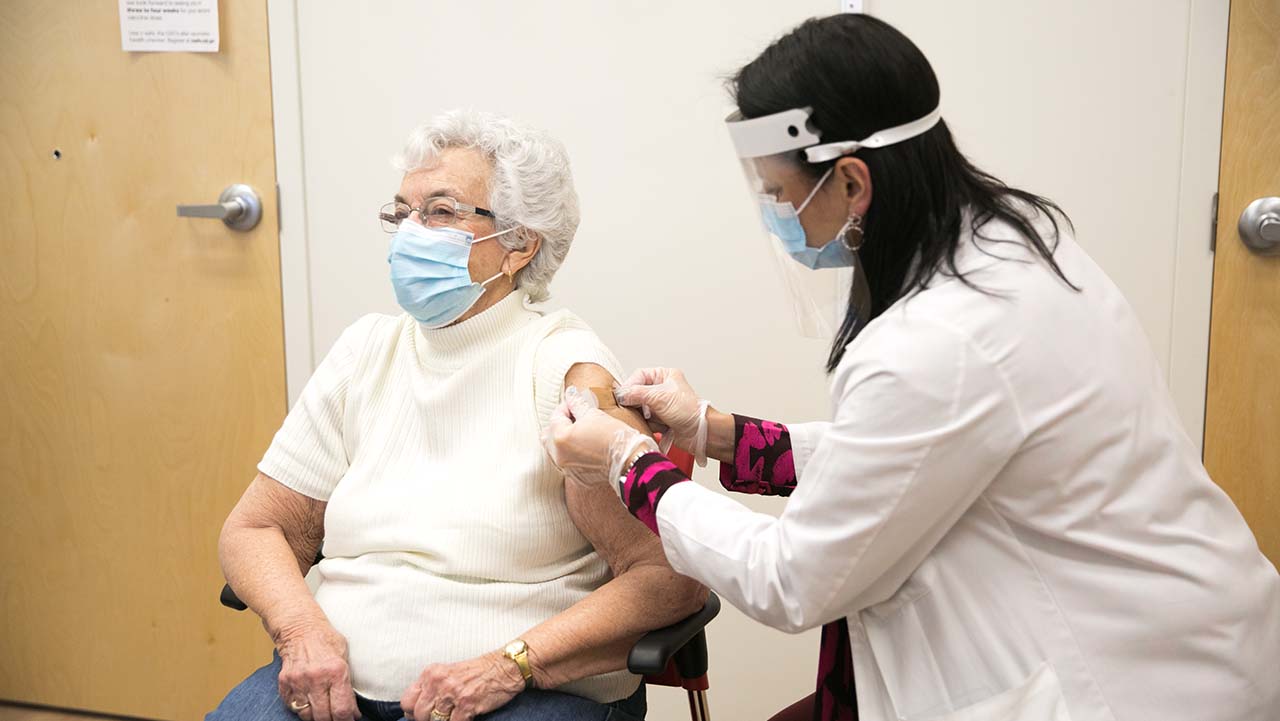The effects of long-haul COVID and the remedies
Two physicians explain what long COVID is, how it often gets diagnosed and the ways people often treat it.

The COVID-19 pandemic has been impacting our lives for nearly three years now. But the last major spike in hospitalizations happened in January of 2021.
With that in mind, the Biden administration announced it will end the COVID-19 public health emergency in May — marking a symbolic end point for the pandemic. However, just because the pandemic is fading from view doesn’t mean it’s left all of us.
The coronavirus is still impacting Americans every day, specifically in the form of long-haul COVID — an extension of the illness that can cause lingering health problems and wreak havoc in people for months.
“We know that people with long COVID have some differences in terms of their cells and things like that after their injury, but we’re not sure exactly what’s cause and what’s effect.” — Benjamin Abramoff, doctor
Listen: The various ways long COVID alters peoples’ lives.
Guests
Dr. Benjamin Abramoff is the director of Penn Medicine’s Post-COVID Assessment and Recovery Clinic. He treats long COVID patients at Penn Medicine in Philadelphia.
Abramoff says the differences between long COVID and COVID-19 are difficult for doctors to parse.
“We know that COVID does significant changes to the body,” says Abramoff. “We know that people with long COVID have some differences in terms of their cells and things like that after their injury, but we’re not sure exactly what’s cause and what’s effect.”
Dr. Salam Kabbani is an infectious diseases pharmacist and the author of “COVID Long-Hauler: My Life Since COVID.” She says it was really difficult for her to navigate the healthcare system to find remedies to long COVID after her diagnosis.
“I can really understand why some people just want to throw in the towel when they’re sick,” says Kabbani, “because it’s expensive, you’re not guaranteed that you’re going to get better, and it’s just very challenging to navigate.”
Trusted, accurate, up-to-date.
WDET strives to make our journalism accessible to everyone. As a public media institution, we maintain our journalistic integrity through independent support from readers like you. If you value WDET as your source of news, music and conversation, please make a gift today.

